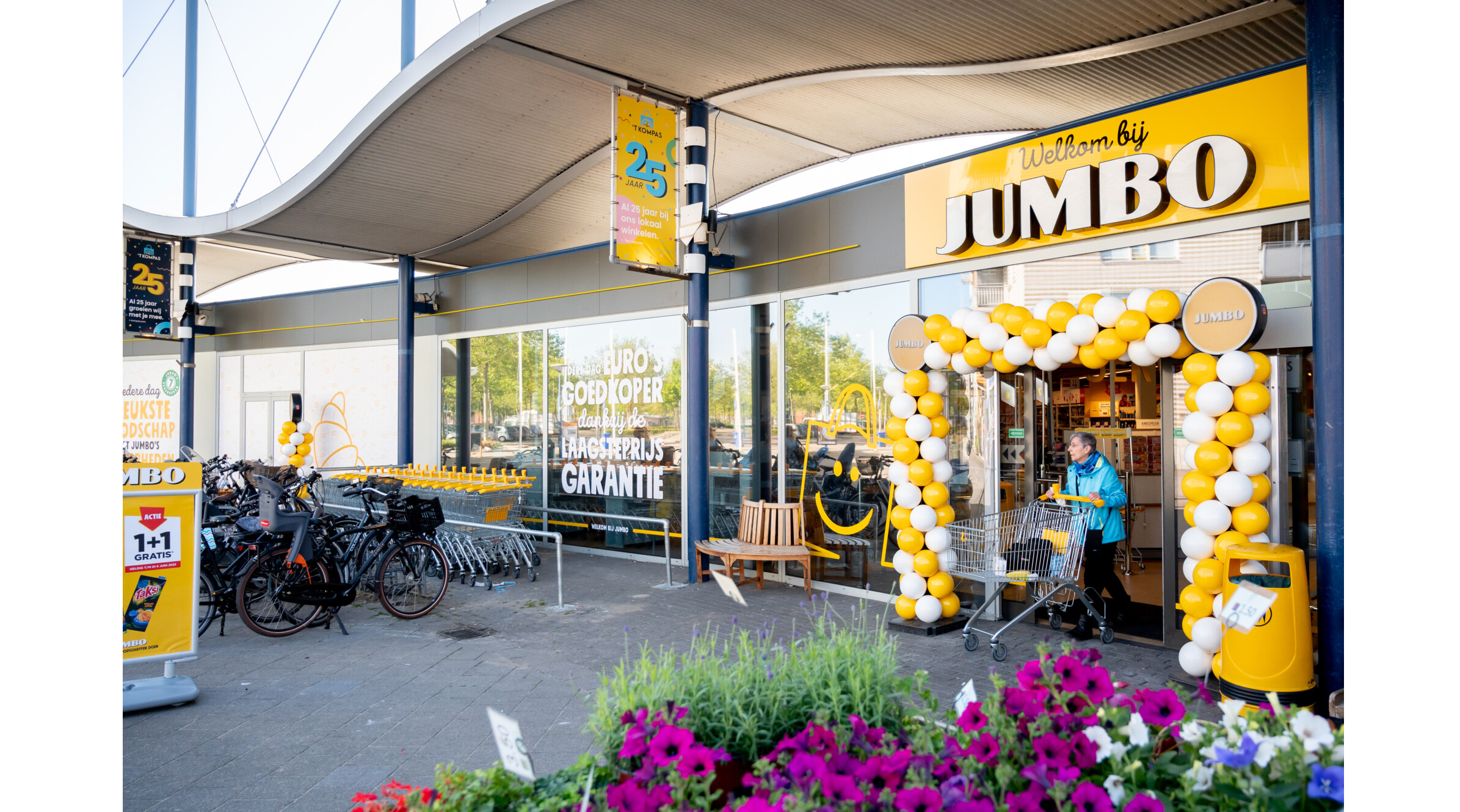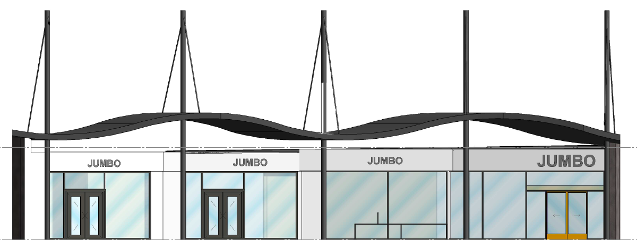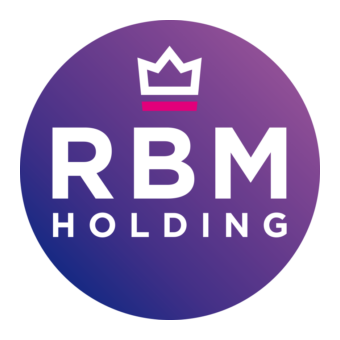

It is the essential next step in supermarket design: circularity! By making sustainable choices and recording information on circularity, this Jumbo store in Bergen op Zoom is the perfect example for the supermarket of the future. Jumbo has set itself the goal of becoming CO2 neutral by 2030, a process accelerated by this project. In this RBM-Retail project, Cirmar took care of recording all furnishing elements in C_passport® in order to provide insight into the emissions resulting from the furnishing, but also, in particular, to guarantee the next use of the materials. This allows Jumbo to make informed choices about its fixtures and describes in detail whether and where the materials get a next use.

In this project, Cirmar used C_passport® to secure end-of-use of the objects in the supermarket and make accurate calculations on impact - both financially and environmentally. The existing model for furnishing supermarkets was based on the make-take-dispose model. New furnishing replaced the old after about ten years, with the old furnishing ending up in landfill or incinerated. That is not only wasteful, it is unnecessarily costly. That is why Cirmar painted several pictures, ranging from the worst-worst scenario (virgin material as input, incineration as output) to a best-best scenario (all recycled input, all output is recycled). The first step was to illustrate the effects of the old model, and calculate the possible gains of furnishing a supermarket with fully recyclable materials - and acting accordingly. The next step is to find even better solutions for the used furnishing. Agricon Nederland helped RBM-Retail make the most of the discarded furnishing, and advised on next-use solutions for the new furnishing. All of this information was then recorded in C_passport®, making sure the next use is secured. When it is time to replace elements of the new fixtures, the digital product passport holds all relevant information that is needed to do so. This is how the circular supermarket is not just a great idea, but effectively saving Jumbo materials, emissions, and investments.
The retail sector poses several challenges that had to be faced in this project. One hurdle we had to take, is not specific to the retail sector: breaking existing patterns. In a perfect world, circular projects start with design for disassembly. All materials used in the furnishing have to be harvested at the end of a use cycle. In this project, it was not possible to design all elements from the ground up, which means we have to be creative in finding next use solutions for some of the materials used. We will do so during the years to come, since we will generate more and more insights into possible applications for the objects in the store.
It does not have to be a problem that not all objects are designed for disassembly yet, and that we do not know all next use applications at this point in time. This is part of thinking in transitions. Simply put, we do what we can and improve over time. The chosen approach, with Digital Product Passports as central document to record all relevant information, fits this transition like a glove. Over time, we will be able to enrich and actualise the information recorded in C_passport®, and ensure even more components and materials will be used in a new furnishing cycle.
The RBM-Retail project to create a circular supermarket for Jumbo, is an excellent example of following up on ambitions and promises. Jumbo has set itself the goal to become carbon neutral in 2030. To help realise these ambitions, RBM-Retail, the Circular Innovation Partners, Agricon Nederland and FBBasic/Cirmar joined forces and created the circular supermarket. The result is a blueprint of the supermarket of the future. Using more recycled content as input material, and re-using the current furnishing by finding next-use applications, has resulted in significant material, carbon, and financial savings.



